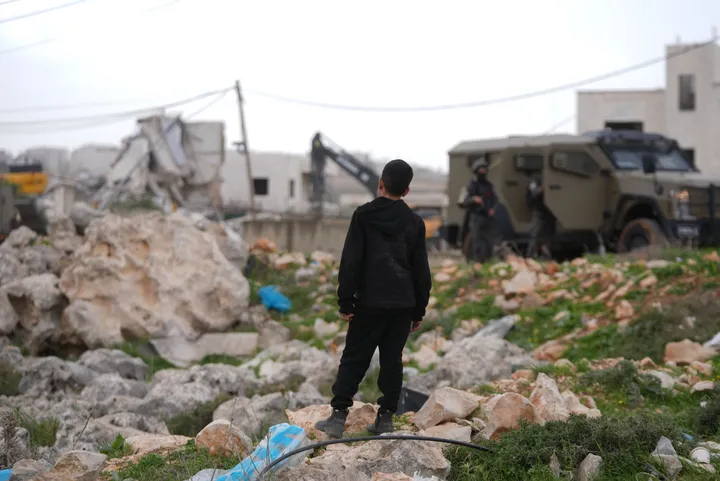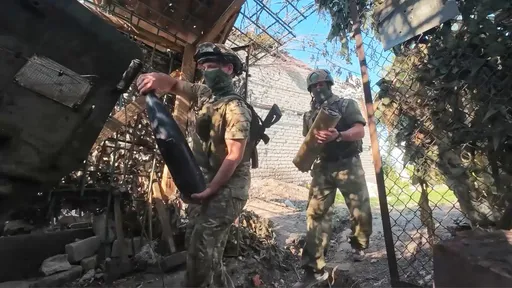A humanitarian crisis has been unravelling in Yemen for years, as a civil war continues to rage and divide the Middle East’s poorest country.
But even in the worst of times, the month of Ramadan was a period when people came together. A time when they shared meals, set up food tables along the streets for those who wanted to break fast, and sent Iftar meals to each other’s homes. Somehow, they managed to find a way to share whatever little they had.
However, this year things are different.
Back-breaking food inflation has squeezed the meagre income of millions of Yemenis. And the situation is getting worse as the conflict over Ukraine continues.
“It will worsen the humanitarian crisis and create more instability in Yemen,” says Yemen expert Riad Domazeti on the impact of the Ukraine-Russian conflict.
“Yemen imports around 42 percent of [its] wheat from the two countries.”
Russia and Ukraine, among the world’s top producers of cereals and grains, including wheat, have suspended exports, causing flour and bread prices to shoot up in Middle Eastern and African countries.
Like millions of people elsewhere, Yemenis consume flatbread as part of their diet.
With the economy in tatters, the cash-strapped government hasn’t been able to distribute wages among people who work for various state-run organisations.
A minuscule private sector means that Yemenis rely on government jobs to pay for their expenses. This crisis is particularly severe in areas controlled by the Houthis, a rebel force backed by Iran.
A hike in the price of energy in the international market is also leaving its mark on Yemenis who are paying more for diesel and gas.
The United Nations says more than 25 million people in Yemen live below the poverty line.
All of this has also affected the ability of people who used to give away charity and free food during the holy month to help the poor.
A man named Majid Yaseen, who until last year organised free food distribution in the Ib region, apologised in a recent Facebook post that soaring inflation has made it difficult for him to offer any help this year.
Similarly, a large food distribution centre in the capital Sanaa said that it can feed only 500 families compared to the more than 3,000 families it catered to last year.
The civil war, which has divided the country, is also hampering the distribution of aid from abroad.
“Unfortunately, aid from some international organisations was seized by various groups at the port before reaching those in need. This has seriously affected the Yemeni people,” says Umut Bilgin, head of the Middle East Desk at the Turkish Humanitarian Relief Foundation (IHH).
“Yemen was already one of the poorest countries in the world before the civil war started. Then the conflict drove millions of people to the deserts, and forced them to live in tents and on the roadsides. They have nothing but humanitarian aid to rely on.”
IHH, an NGO, has distributed thousands of food packages, helped 8,000 people break their fast, and provided cash to families.























